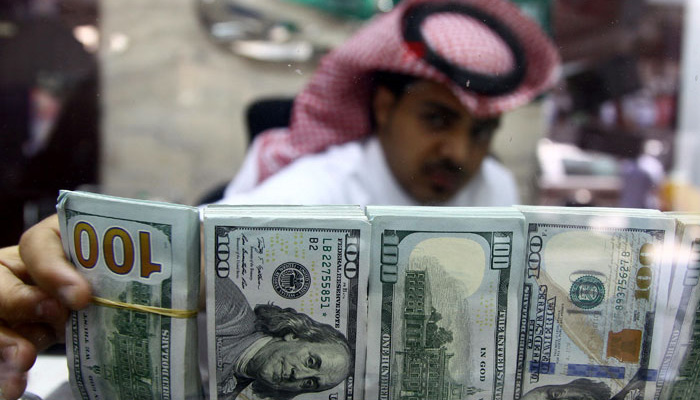Michael Rubin
If Saudi Arabia had no oil, the world would be a very different place. Bernard Lewis, the famous emeritus professor of Islamic history at Princeton University, famously analogized the influence of Saudi oil wealth on Islam by saying:
If the Ku Klux Klan or Aryan Nation obtained total control of Texas and had at its disposal all the oil revenues, and used this money to establish a network of well-endowed schools and colleges all over Christendom peddling their particular brand of Christianity. This is what the Saudis have done with Wahhabism. The oil money has enabled them to spread this fanatical, destructive form of Islam all over the Muslim world and among Muslims in the west. Without oil and the creation of the Saudi kingdom, Wahhabism would have remained a lunatic fringe in a marginal country.
It is easy to forget how quickly Saudi Arabia transformed. During my first visit to the Kingdom in 1994, remnants of Riyadh’s old mud-brick city walls were still visible. The grandfathers of those running the country today lived in a place without modern amenities or much infrastructure. While oil money gave Saudi society the physical trappings of modernity, the Saudi mindset has been far slower to change.
Ahmed Zaki Yamani, Saudi Arabia’s widely-regarded oil minister from 1962 to 1986, famously reminded Saudis that the Stone Age did not end because of a shortage of stones. His successors, however, have often prioritized market share over diversification. The problem with overdependence on oil for budgeting and subsidizing society is that what goes up must come down.
The Kingdom gambled by keep prices artificially low over the past few years, calculating that they could undercut Iran’s financial health while also collapsing the shale industry not only in the United States but also in China. They did not count on President Barack Obama and Secretary of State John Kerry effectively rescuing the Islamic Republic from the economic precipice or getting bogged down in a costly war in Yemen with no easy exit strategy.
While oil money gave Saudi society the physical trappings of modernity, the Saudi mindset has been far slower to change.
Most recently, Congress overrode Obama’s veto of the Justice Against Sponsors of Terrorism Act, allowing US citizens to sue Saudi Arabia for the complicity of its citizens and perhaps some officials in the 9/11 attacks. Whether or not that results in liens against Saudi property in the United States, it does shake Saudi financial stability at a time when the Saudi economy is already stressed.
Now, some financial analysts say that there are warning signs in the futures market and among other indicators that Saudi Arabia may be heading for a devaluation of its currency (which is pegged to the US dollar). For years, the Kingdom has been able to keep the peg steady but with its hard currency reserves shrinking, it may be near the breaking point. If ordinary Saudis wake up one day to learn that their currency is worth 15 or 25 or 35% less than it was the night before, the ramifications may be severe and lead to political instability.
But is Saudi Arabia merely getting what it deserves? Certainly, the victims of 9/11 would say so. Many Iraqis would agree, as they have been on the receiving end of Saudi- (and Qatar- and Turkish-) funded terror for well over a decade. Many inclined toward the Islamic Republic of Iran would also cheer a real Saudi currency and financial crisis out of sheer partisan spite.
But would a struggling or even bankrupt Saudi Arabia be good for America? The answer to that is no. What happens in Riyadh doesn’t stay in Riyadh. Other Gulf Cooperation Council states also peg their currencies to the dollar and the precedent of Saudi devaluation would immediately reverberate in Kuwait, Qatar, Bahrain, and Oman. Nor would political instability in Saudi Arabia necessarily be a good thing: Decades of conservative, Islamist education and indoctrination have made their mark. Unemployed Saudi youth would probably not embrace liberalism and tolerance if suddenly put in desperate straits.
During the 2000 election campaign between Vice President Al Gore and Gov. George W. Bush, few across the aisle would have imagined 9/11 or the U.S. becoming involved in a war in Afghanistan, let alone Iraq. The nature of international crises, however, is that they surprise. It is now fashionable in election years to ask what crises might be on the horizon that no candidate is now discussing. Threats from Russia, China, and North Korea are obvious concerns. Increasingly, however, we may need to look more closely at Saudi stability, for it looks like Saudi authorities may not be able to manage suppressed oil prices as well as they thought.







Comments